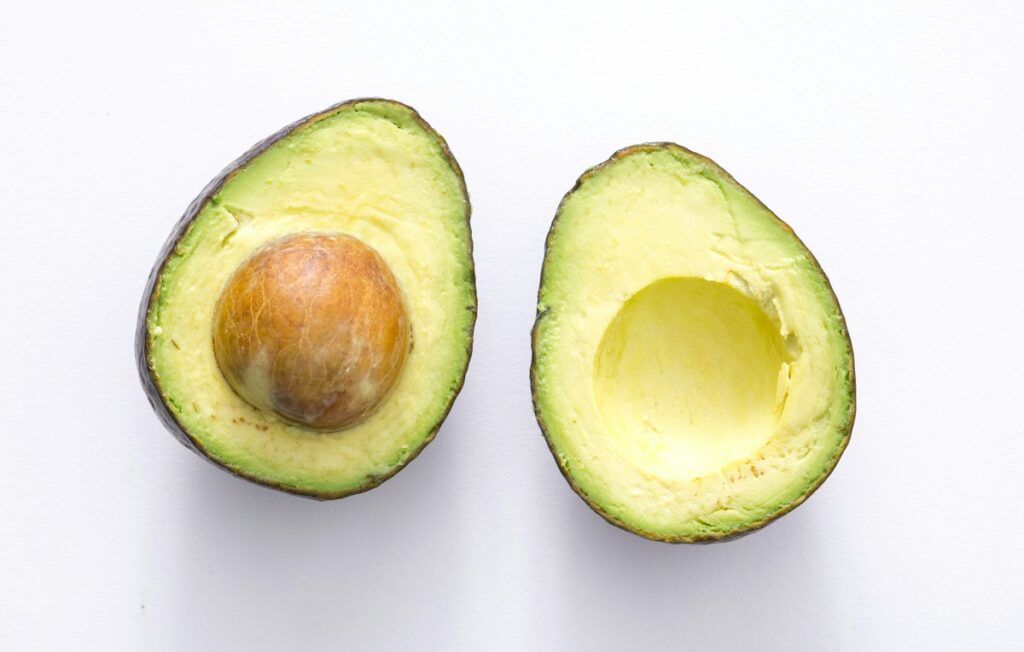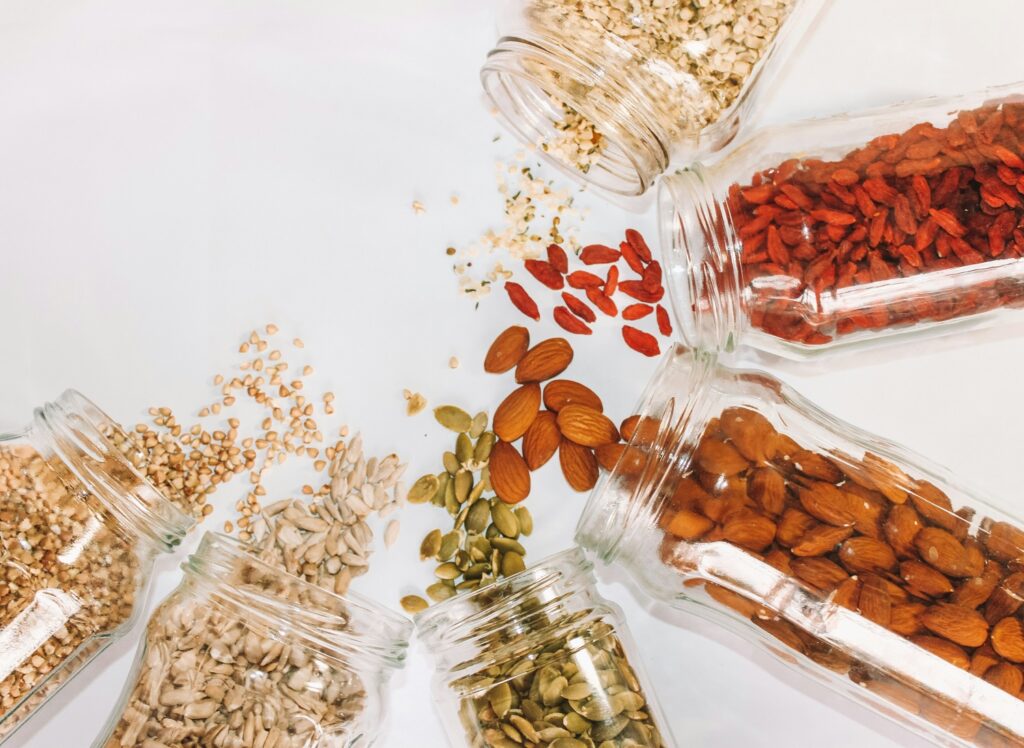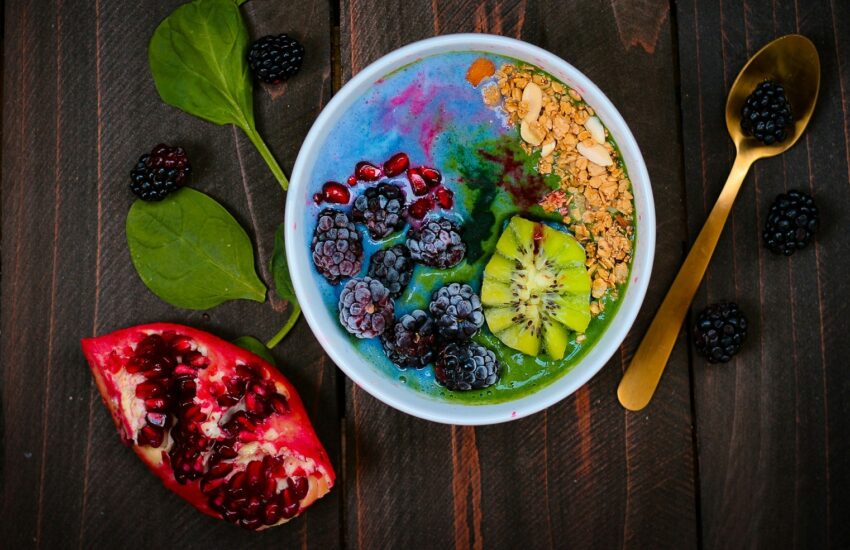Cholesterol is a fatty substance that is crucial for the proper functioning of the body. It helps build cell membranes, produce hormones, and make vitamin D. However, when cholesterol levels become too high, especially the low-density lipoprotein (LDL) or “bad” cholesterol, it can contribute to plaque buildup in the arteries, leading to a condition known as atherosclerosis. This can increase the risk of heart disease, stroke, and other cardiovascular issues. Mohit Tandon from USA suggested 10 Foods to reduce Cholesterol Levels.
On the other hand, high-density lipoprotein (HDL) is known as the “good” cholesterol because it helps remove excess cholesterol from the bloodstream, reducing the risk of plaque buildup. Managing cholesterol levels is essential for maintaining heart health, and one of the most effective ways to do so is through diet.
Certain foods can help reduce LDL cholesterol and increase HDL cholesterol, making them powerful tools in the fight against heart disease. In this article, we will explore 10 foods that are particularly effective in reducing cholesterol levels. These foods contain nutrients such as fiber, healthy fats, antioxidants, and plant sterols that help improve cholesterol profiles and promote overall cardiovascular health.
1. Oats: A Fiber-Rich Food for Cholesterol Reduction
Oats are one of the most well-known and widely recommended foods for lowering cholesterol. They contain a high amount of soluble fiber, particularly beta-glucan, which helps lower LDL cholesterol levels. Beta-glucan binds to cholesterol in the digestive tract, preventing its absorption into the bloodstream and promoting its excretion from the body.
Several studies have highlighted the cholesterol-lowering potential of oats. One study published in The American Journal of Clinical Nutrition found that consuming 3 grams of soluble fiber from oats daily can reduce LDL cholesterol by 5-10%. This makes oats an excellent food for anyone looking to improve their cholesterol profile and reduce their risk of cardiovascular disease.
To incorporate oats into your diet, consider starting your day with a bowl of oatmeal or adding oats to smoothies, muffins, or baked goods. By replacing more processed and refined grains with oats, you can significantly boost your fiber intake and promote heart health. – Mohit Tandon USA

2. Fatty Fish: Omega-3 Fatty Acids for Heart Health
Fatty fish such as salmon, mackerel, sardines, and trout are among the best foods for reducing cholesterol levels and improving heart health.
Omega-3s can help lower LDL cholesterol by reducing the production of triglycerides in the liver. They also increase HDL cholesterol levels, further improving the lipid profile. A study published in Circulation found that consuming two servings of fatty fish per week could lower the risk of heart disease and improve overall cholesterol levels.
To reap the cholesterol-lowering benefits of fatty fish, aim to include at least two servings of fish in your diet each week. Grilled salmon, sardine salads, or mackerel fillets are delicious and heart-healthy options. If you are not a fan of fish, consider taking an omega-3 supplement, though whole foods are generally preferable for maximum health benefits.

3. Avocados: Healthy Fats for Lower Cholesterol
Avocados are a nutrient-dense fruit contains healthy monounsaturated fats, which help for lower LDL cholesterol and increase HDL cholesterol levels. In addition to healthy fats, avocados are also rich in fiber, potassium, and antioxidants, making them an excellent choice for improving heart health.
Several studies have demonstrated that replacing saturated fats in the diet with avocado can lead to significant improvements in cholesterol levels. A study published in The Journal of Clinical Lipidology found that people who added avocado to their diet experienced a reduction in LDL cholesterol levels and a significant increase in HDL cholesterol.
The beauty of avocados is their versatility. You can enjoy them on toast, in salads, as part of a smoothie, or simply with a sprinkle of salt and pepper. Avocados are also a great alternative to less heart-healthy fats, such as butter or margarine, in many dishes.

4. Nuts: Small But Mighty Cholesterol Fighters
Nuts such as almonds, walnuts, pistachios, and cashews contains healthy fats, fiber, vitamins, and minerals that are beneficial for lowering cholesterol. Studies have consistently shown that consuming nuts can help reduce LDL cholesterol levels while also increasing HDL cholesterol.
The cholesterol-lowering effects of nuts are primarily attributed to their high content of monounsaturated fats, which are heart-healthy fats that help regulate cholesterol levels. Nuts are also rich in plant sterols, compounds that help block cholesterol absorption in the intestines.
Incorporating a handful of unsalted nuts into your daily diet is an easy way to improve your heart health. They can be eaten as a snack, added to salads, or sprinkled over oatmeal. Just be mindful of portion sizes, as nuts are calorie-dense.

5. Olive Oil: Heart-Healthy Monounsaturated Fats
Olive oil, particularly extra virgin olive oil, is a cornerstone of the Mediterranean diet, which is famous for its heart health benefits. This oil is rich in monounsaturated fats, which help lower LDL cholesterol levels and increase HDL cholesterol. In addition to its cholesterol-lowering effects, olive oil also contain antioxidants, such as polyphenols, that help reduce inflammation and protect the heart.
Numerous studies have shown that replacing saturated fats (found in butter and other animal fats) with olive oil can improve cholesterol levels. One study published in The American Journal of Clinical Nutrition found that individuals who consumed olive oil daily had lower levels of LDL cholesterol and a reduced risk of heart disease.
To incorporate olive oil into your diet, use it as a base for salad dressings, drizzle it over roasted vegetables, or use it in place of butter or margarine in cooking and baking.
6. Beans and Legumes: Fiber-Rich Foods for Cholesterol Control
Beans, lentils, chickpeas, and other legumes are some of the most effective plant-based foods for lowering cholesterol. These foods are rich in soluble fiber, which helps bind cholesterol in the digestive system and prevents its absorption into the bloodstream. Fiber also helps regulate blood sugar levels, which can further reduce the risk of heart disease.
A study published in The American Journal of Clinical Nutrition found that consuming just one serving of beans or legumes per day could lower LDL cholesterol by as much as 5%. In addition to their cholesterol-lowering effects, beans and legumes are also a great source of plant-based protein, making them an excellent addition to any heart-healthy diet.
You can incorporate beans and legumes into a wide variety of dishes, including soups, salads, stews, and veggie burgers. Experiment with different types of beans and lentils to keep your meals interesting and full of heart-healthy nutrients.
7. Fruits: Natural Cholesterol-Busters
Fruits, particularly those that are high in soluble fiber, antioxidants, and plant compounds, can play a significant role in lowering cholesterol levels. Apples, citrus fruits, berries, and pears are particularly beneficial for heart health. These fruits are rich in pectin, a type of soluble fiber that binds to cholesterol and helps remove it from the body.
In addition to fiber, fruits contain a wide range of vitamins, minerals, and antioxidants that support overall heart health. For example, flavonoids in berries reduce the risk of heart disease and improve cholesterol levels.
To reap the cholesterol-lowering benefits of fruit, aim to eat a variety of colorful fruits each day. Fresh fruit salads, smoothies, or simple fruit snacks can be an easy and delicious way to support your heart health.

8. Garlic: A Natural Remedy for Lowering Cholesterol
Garlic is a potent natural remedy that has been used for centuries to support heart health. Research has shown that garlic can help lower both total cholesterol and LDL cholesterol levels. The key active compound in garlic, allicin, has been shown to reduce cholesterol production in the liver and improve the clearance of cholesterol from the bloodstream.
A meta-analysis of several studies published in The Journal of Nutrition concluded that garlic supplementation led to a significant reduction in total cholesterol levels, particularly in individuals with high cholesterol.
To incorporate garlic into your diet, consider adding fresh garlic to your cooking, using it in salad dressings, or taking garlic supplements. However, fresh garlic is the most potent form for maximizing its health benefits.
9. Green Tea: Antioxidants for Better Cholesterol Control
Green tea is rich in catechins, powerful antioxidants that have been shown to help lower LDL cholesterol levels and improve overall heart health. Several studies have found that regular consumption of green tea can lead to reductions in total cholesterol, triglycerides, and LDL cholesterol while boosting HDL cholesterol.
Green tea’s cholesterol-lowering effects are thought to be due to its ability to increase the rate at which the liver processes cholesterol and to reduce the absorption of cholesterol in the intestines.
To incorporate green tea into your diet, aim to drink 2-3 cups per day. You can also enjoy green tea in smoothies or incorporate it into recipes that call for liquid, such as soups and sauces.
10. Dark Chocolate: The Sweet Heart-Healthy Option
While chocolate is often considered an indulgence, dark chocolate (with at least 70% cocoa) can actually be beneficial for heart health when consumed in moderation. Dark chocolate is rich in flavonoids, particularly epicatechin and catechins, which have been shown to reduce LDL cholesterol levels and improve blood flow.
Several studies have demonstrated that consuming small amounts of dark chocolate regularly can lead to improvements in cholesterol profiles, particularly by increasing HDL cholesterol. The antioxidants in dark chocolate also help protect the heart by reducing inflammation and improving vascular health.
To enjoy the benefits of dark chocolate, opt for a small square (about 1 ounce) of high-quality dark chocolate each day. Look for varieties with little added sugar to keep the health benefits intact. – Mohit Tandon USA
Conclusion
Incorporating these 10 cholesterol-lowering foods into your diet can help reduce the risk of heart disease, lower LDL cholesterol, and improve overall cardiovascular health. By making these heart-healthy foods a regular part of your meals, you can take a proactive approach to managing cholesterol levels and supporting long-term wellness.
Remember that a balanced, nutrient-rich diet, combined with regular exercise and other lifestyle changes, is key to achieving and maintaining optimal cholesterol levels. Always consult with your healthcare provider before making significant changes to your diet, especially if you have existing health conditions or are on medication for cholesterol management.
